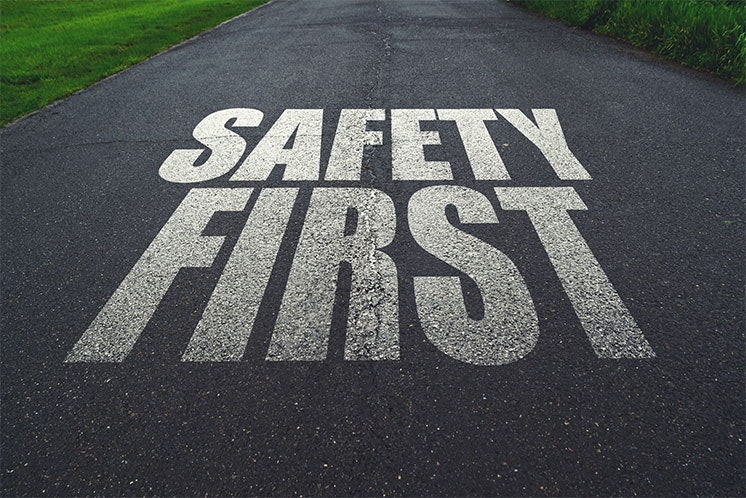How To Keep Hospital Patients Safe During COVID-19

COVID-19 has impacted the lives of almost everyone in the world. Schools have transitioned to online or blended lectures, businesses have altered their marketing and selling methods and community events have been postponed. Hospitals have been significantly affected during this time. Many people have suffered from the virus and need the medical care you offer. However, patients now have the risk of spreading or contracting the virus, and an increase in hospital check-ins has put a strain on workers and hospital capacity. Hospitals have to find new solutions to keep everyone safe.
Now that the world is slowly adjusting to living in a pandemic, hospitals have more control over the safety and security of their patients. Here are three things hospitals can do today to improve the patient experience and keep everyone safe.
Information
Although physical safety is very important right now, it's also important to secure the information of your patients. Data protection should be at the top of your priority list. Data breaches can become huge financial losses and lead to a lot of unwanted consequences, which is something you definitely don't want to deal with during a pandemic. Luckily there are many things you can do to prevent such breaches. Be sure to inform employees of HIPAA regulations, and educate those who run the system. Consider running a few risk assessments of your systems or invest in life science consulting to help your electrical systems run smoothly. Especially with an influx of patients, you want a system that works quickly and efficiently.
Sanitation
Hospitals should be sanitized frequently. Rooms should be wiped down after every appointment, and doctors should take extra measures to protect themselves while helping their patients. Masks should be required, especially for your employees and assistants. Provide hand sanitizer in numerous locations so that patients feel comfortable sanitizing themselves when moving from one place to another. To have the least amount of COVID-19 exposure, you may want to direct patients and visitors in a certain way. This can be done by putting up signs, placing tape on the floor or by roping off certain areas. Waiting rooms should be carefully organized to keep patients socially distanced from one another.
Prevention
Prevention is an important step in keeping your patients and employees safe. With the help of technology, prevention can be done effectively. Consider having eCheck-ins, where patients can fill out the needed information before their appointment. You can also set-up virtual appointments or consultations to help patients determine whether they need to come in or not. Those who are experiencing COVID-19 symptoms may feel hesitant to come in. Set up virtually screenings where your staff can ask about symptoms and help patients know if they need to be tested.
Sometimes the best way to prevent the spread of the virus and similar diseases is by asking questions. Plant a staff member at the front of the hospital where they can ask questions about symptoms and needs. Then, they can direct patients to where they need to go. They can also immediately offer hand sanitizer and masks.
Additional Tips
Reopening clinics and getting back into the swing of things can be tough. Many people may be afraid of visiting hospitals at this time. You can help people in the community feel more comfortable by informing them of the procedures you're doing. Share on your website and social media to help future patients know what to expect when visiting. You can also encourage people to make virtual appointments and to call in.
It may be wise to inform the community of general things they can do to stay safe during the pandemic. Encourage mask-wearing, social distancing and good hygiene. Be careful and make sure the whole hospital staff is on the same page. You may need to offer additional training to be prepared for unique COVID-19 circumstances. With your efforts, you can keep patients safe while offering the services they need.